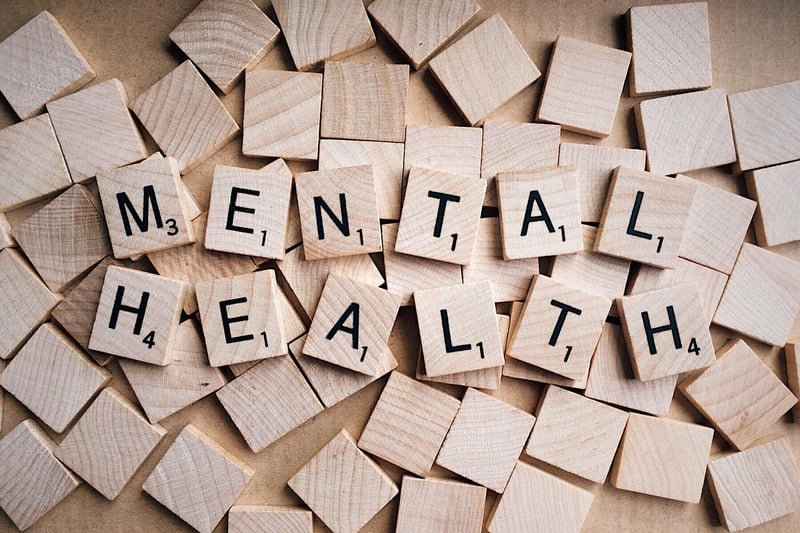Mental Health Support
Prioritize Your Well-being: Essential Mental Health Support
Life can be challenging, and at times, it's crucial to prioritize your well-being and mental health. Taking care of your mental health is just as important as taking care of your physical health. Here are some essential ways to support your mental well-being:
1. Practice Self-care
Self-care is not selfish; it's necessary for maintaining good mental health. Take time to do things you enjoy, whether it's reading a book, going for a walk, or practicing meditation.
2. Stay Connected
Human connection is vital for mental health. Stay connected with friends and loved ones, whether in person or through virtual means. Building a support system can help you navigate difficult times.
3. Seek Professional Help
If you're struggling with your mental health, don't hesitate to seek help from a mental health professional. Therapy and counseling can provide you with the tools and support you need to cope with challenges.
4. Practice Mindfulness
Practicing mindfulness can help you stay present and reduce stress and anxiety. Mindfulness techniques such as deep breathing, meditation, and yoga can promote mental well-being.
5. Stay Active
Physical activity is not only beneficial for your physical health but also for your mental health. Regular exercise releases endorphins, which are known as "feel-good" hormones that can boost your mood.
6. Get Adequate Sleep
Sleep plays a crucial role in mental health. Aim for 7-9 hours of quality sleep each night to help your brain recharge and function optimally.
7. Practice Gratitude
Cultivating a sense of gratitude can improve your overall well-being. Take time each day to reflect on things you are thankful for, no matter how small they may seem.
8. Limit Stress
Chronic stress can have a significant impact on mental health. Identify sources of stress in your life and develop healthy coping mechanisms to manage stress effectively.
Conclusion
Remember, it's okay not to be okay sometimes. Prioritizing your well-being and seeking mental health support when needed are signs of strength, not weakness. Take small steps every day to care for your mental health, and don't hesitate to reach out for help when you need it.
Image Source: Link

